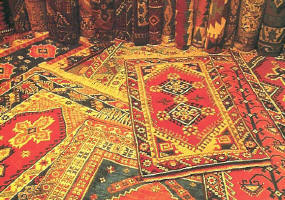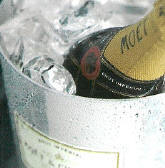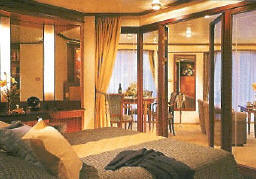|
Awaiting Your Return From Shore |
Djibouti, the former
French Somaliland, is a small country sandwiched between Eritrea, Ethiopia
and Somalia consisting of little more than a port at the southern entrance
to the Red Sea. Its importance increased during both the Gulf War and the
U.N. intervention in Somalia when it served as a base for Allied troops.
The area known as Djibouti was only sparsely populated by nomadic people
who used it as grazing land, until the French realized its strategic value
in 1859. Their initial interest in the area was to counteract the British
trading presence in Aden, fueled by the desire of both countries to control
the entrance to the Red Sea. In 1862, the French established themselves on
the coast and drew up a treaty with Afar leaders to legitimize their
acquisition of the coastal region. International pressure from the Arab
League, local unrest and the increasingly turbulent situation in the horn of
Africa eventually led to the French withdrawing from Djibouti in 1976. Close
links with France still exist, with over 3,500 French troops remaining in
Djibouti.
Independence did not bring harmony to the former French colony due to the
tension between the Afar and Issa tribes. These indigenous people are evenly
divided, with the Issa located in the south and the Afar living in the
northern part of the country. Both tribes are Muslim with nomadic culture.
The country also harbors some 30,000 refugees who have fled into Djibouti as
a result of various wars in neighboring Ethiopia and Somalia.
The construction of the country's capital began under the French in 1888.
More than half of the country's population, thought to be around 500,000,
live in Djibouti City, which acts as an international transit port and
refueling Left. The town has an Arab flavor to it both in terms of its
architecture and its culture. A colorful market near the mosque in the
Left of town is probably the main attraction. It retains elements of
African, European and Arab culture.
Most travelers visit the country for its desert scenery, interesting sea
life and white sand beaches. Much of Djibouti's territory lies below sea
level accounting for the vast deposits of salt. The only continuous annual
vegetation is found in the upper part of the basaltic range, north of the
Gulf of Tadjoura, where the altitude reaches more than 3,940 feet above sea
level.
Please Note: Guests must be aware of poor conditions and very limited
infrastructure in Djibouti. |
Awaiting Your Return
From Shore |
|
Complimentary
Spirits Await |
Return to Your
Suite and Sail Away to The Next Adventure |
Entertainment
and Dancing Await You |











